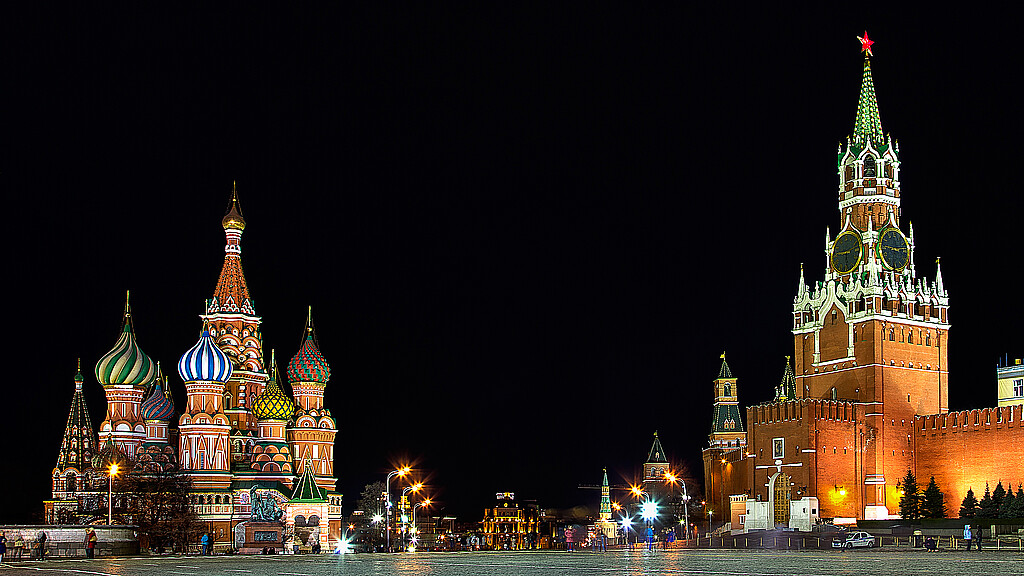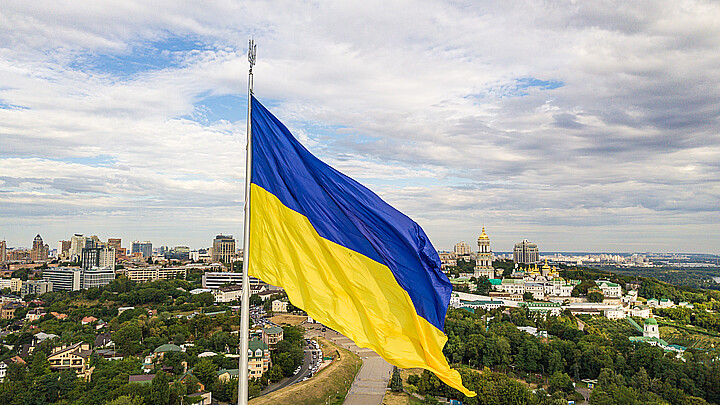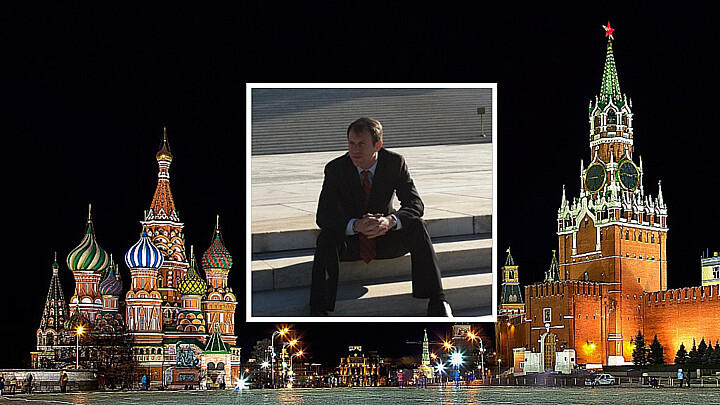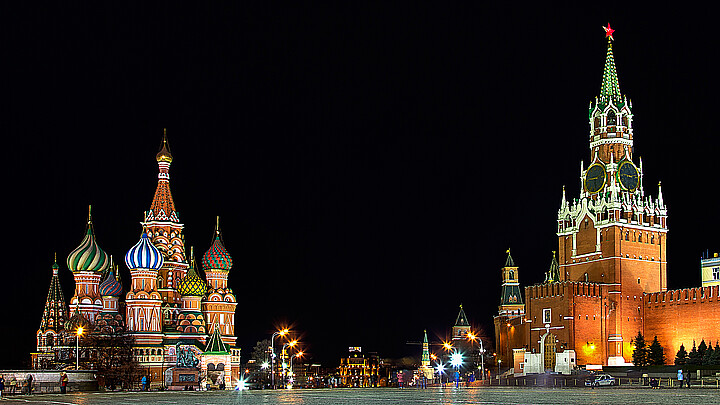Human Rights
Russian Federal Security Service accuses Wall Street Journal reporter of espionage
The Wall Street Journal denied the allegations and seeks the immediate release of the reporter, Evan Gershkovich

March 30, 2023 8:42am
Updated: March 30, 2023 2:54pm
Russia’s Federal Security Service (FSB) has detained a Wall Street Journal reporter for purported espionage, the agenc said.
The FSB said Thursday it detained Evan Gershkovich, an American citizen and foreign correspondent while he was in the eastern city of Yekaterinburg.
The FSB accused Mr. Gershkovich of, “acting on the instructions of the American side, collected information constituting a state secret about the activities of one of the enterprises of the Russian military-industrial complex.”
“The Wall Street Journal vehemently denies the allegations from the FSB and seeks the immediate release of our trusted and dedicated reporter, Evan Gershkovich,” the WSJ said. “We stand in solidarity with Evan and his family.”
Gershkovich covers Russia as part of the WSJ’s Moscow bureau, and is accredited to work as a professional journalist in the Russian Federation by the Kremlin’s foreign ministry, the FSB said.
In having arrested the American journalist, The FSB said it “stopped the illegal activities” he was purportedly involved in, and that the Russian government is now opening a formal espionage case against him in Yekaterinburg.
“What an employee of the American publication The Wall Street Journal was doing in Yekaterinburg has nothing to do with journalism,” said Foreign Ministry spokeswoman Maria Zakharova on Telegram.
Gershkovich, 31 years old, has covered news stories in Russia since 2017.
Before joining the Wall Street Journal, Gershkovich worked at Agence France-Presse and the Moscow Times.
Prior to his work at those two publications, he worked as a news assistant in Manhattan for the New York Times. A Wall Street Journal report said Gershkovich was a graduate of Bowdoin College, and was currently covering how Western sanctions were impacting Russia’s economy, a sore point for the Kremlin.
Journalism in Russia has become much more dangerous since the Federation’s president, Vladimir Putin, invaded Ukraine and began suppressing what was already an atmosphere of limited freedom of speech .
Shortly after the February 2022 invasion, the Kremlin passed a censorship law, making it unlawful to publish what the government asserts is “disinformation” about its military presence in Ukraine.
Most news agencies withdrew their reporters as a safety precaution.
Six months after the March disinformation law was passed, Putin cracked down again with a presidential decree that empowered local governments to make arrests over security concerns.
That decree was purportedly issued to maintain public order and protect industrial production in support of the war effort and shield Russian infrastructure, Putin said at the time of its passing.









